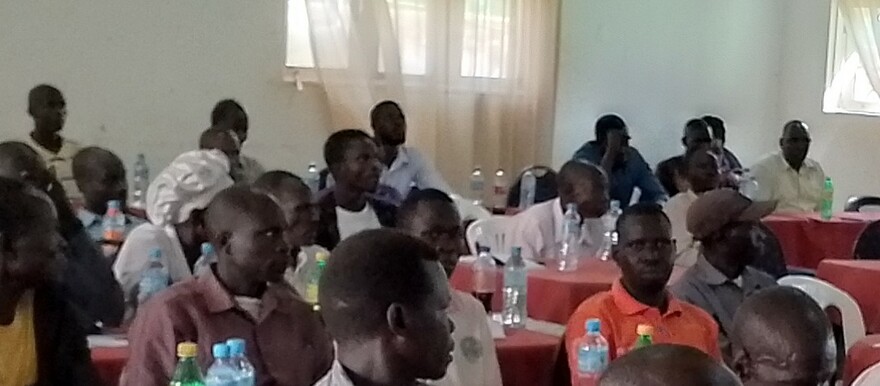More than 77 community members, including chiefs, youth, women, lawmakers, and law enforcement agencies from eight communities residing along the Kideopo Valley area of South Sudan’s Eastern Equatoria State, have concluded a two-day forum. They have recommitted to implementing previous dialogues aimed at resolving ongoing conflicts.
The forum, organized and funded by UNMISS in collaboration with the Ministry of Local Government, Peacebuilding, and County Governments, aimed to address why peace in these communities continues to be fragile despite numerous reconciliation attempts.
The communities affected by frequent communal violence, resulting in loss of lives and resources, include Logir, Dongotono, Didinga, Toposa, Buya, Otuho, Pari, and Lopit. The most recent incident was the attack on an SPLM delegates’ convoy, resulting in two fatalities and one injury along the Camp 15-Chukudum road in Budi County.
UNMISS expressed deep concern over the challenge of implementing resolutions from previous peace dialogues, despite multiple efforts to restore peace among these resilient communities.
The dialogue also aimed to engage the state government, particularly the legislature, and encourage them to enact laws prohibiting cattle raiding. It provides a platform for participants to openly discuss approaches to peaceful coexistence and the sharing of pastures and water resources along Kideopo Valley.
Abdulrahman Kamara, who works for UNMISS civil affairs department, explained to the media during the conclusion that the forum seeks to encourage communities to reaffirm their commitment to peaceful conflict resolution and combat any criminal activities to enhance social cohesion in the area.
Kamara emphasized that the forum will promote interdependence and neighbourliness to prevent cattle raids and revenge killings. He stated, “We are here today because we have held numerous peace dialogues in all these communities for several years, not only those supported by UNMISS but also by other peace partners and the state government. However, many of these resolutions are either not implemented or, along the way, the same communities revert to conflict. This has raised significant concerns, so we convened this forum for them to discuss why the resolutions are not respected and what needs to be done to ensure their implementation.”
Paska Frederik Pasquale, representing Kapoeta North County in the forum, emphasized the agreement to prioritize peace and report criminal activities to authorities.
“We have insecurity in 8 counties of Eastern Equatoria State. Certain measures can reduce this. We need peace in the state for uninterrupted movement. Claiming peace isn’t enough; we need media training and awareness. In these conflicts, it’s us women who suffer. If men die, we cry because they’re our husbands; if children die, it pains us because we gave birth to them. So, suffering directly affects us mothers,” Paska explained.
Leone Oriho Obiala Itong, the paramount chief of Imehejek Administrative Area, highlighted their decision to share resources to prevent conflicts in Kideopo Valley and other grazing areas.
“We need peace, unity, and security along the roads for business. Currently, in my area, Lohutok and Ibahure have accepted peace and enjoy services from both villages. We’re also working on peace between Tennet and Locharok. Even without government involvement, we’ll establish a committee as Lopit to find solutions,” Chief Obiala said.
Meanwhile, Lino Atiolmoi, the paramount chief in Budi County, expressed optimism about the forum’s potential to bring positive change to their communities.
“We need our communities to live in harmony. They must come together. Cattle should move freely and share pasture and water points. We discourage raiding, killings, and ambushes along the roads. We want to speak to our youth; they must respect government laws. If everyone agrees, the country will move in the right direction,” said Chief Atiolmoi.




